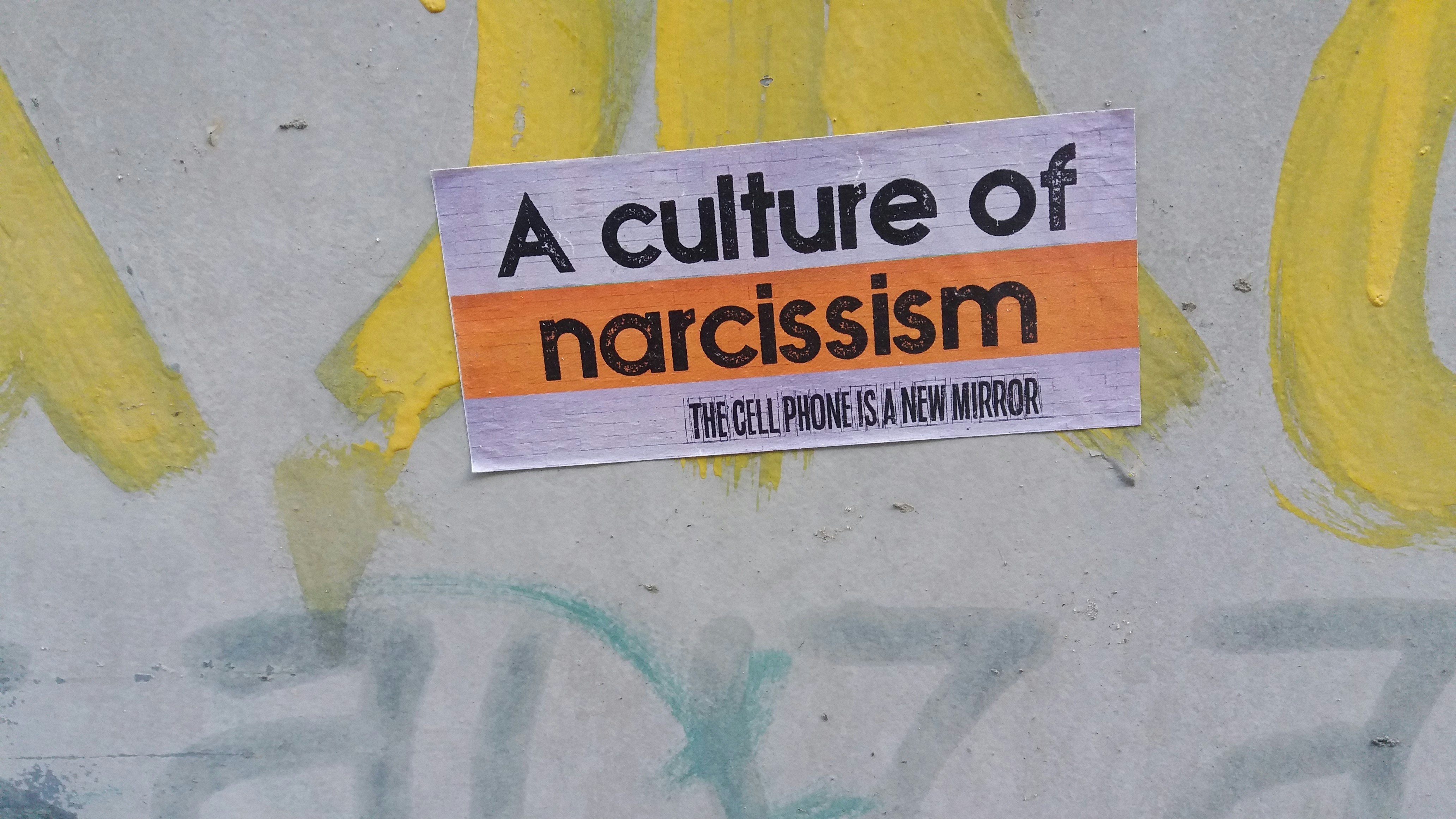You know that little voice in your head that whispers “I’m not good enough?” or “I can’t”? That voice is basically ruining your life. Welcome to the wild world of fixed mindset vs growth mindset, where your beliefs literally determine whether you’ll thrive or just survive.
Fixed Mindset VS Growth Mindset
First up, let’s get clear on two very different mindsets that affect your life – Growth Mindset VS Fixed Mindset.
Fixed Mindset: This is the belief that your abilities, intelligence, and talents are static traits—you’ve either got it or you don’t. People with fixed mindsets think intelligence is like eye color: predetermined and unchangeable. They avoid challenges like they’re radioactive because failure might expose their “limitations.” They are black and white in their thinking – it is either right or wrong, good or bad. There is no room for shades of grey or opening up to new learning or possibilities. In short, people with fixed mindsets believe that life should go a certain way and find it hard to cope or compromise if it doesn’t.
Growth Mindset: This is the belief that your abilities can be developed through dedication, hard work, and learning from failure. Growth mindset asserts that intelligence and abilities can be cultivated through effort and learning, and honestly, it’s about time we all got on board with this concept.
The beauty of growth mindset is that it makes you optimistic and strategically resilient. It opens you up to creative solutions and to trying new things. Those with this mindset view failure as an opportunity to learn rather than as a sign of failure, which is basically the difference between bouncing back and staying down. People with a growth mindset believe that life unfolds in all sorts of ways and they are open to see where life takes them, learning and exploring along the way.
The Latest Research
Recent studies from 2022-2025 show that a growth mindset is a significant predictor of better mental health, equipping us with the tools to handle adversity more effectively.
Resilience and Coping: By viewing setbacks as opportunities for learning rather than personal failures, a growth mindset fosters greater resilience and helps individuals persevere through adversity.
Lower Stress and Anxiety: People with a growth mindset report lower levels of stress, anxiety, and loneliness. They tend to cope with emotional challenges more proficiently.
Improved Emotional Regulation: This mindset is positively associated with a skill called cognitive reappraisal, which is the ability to reframe negative situations in a more positive light.
Increased Productivity and Innovation: Employees with a growth mindset are more likely to be engaged and productive, seeing challenges as opportunities for growth.
Better Problem-Solving: The belief that skills can be developed encourages individuals to seek new approaches and persevere through complex problems, leading to more creative and effective solutions.
Improved Interpersonal Skills: A growth mindset has been linked to better negotiation skills and a greater willingness to seek feedback and help from others, which strengthens professional relationships.
The neuroscience folks are getting in on the action too. Recent studies are literally mapping what growth mindset looks like in your brain, proving that this isn’t just feel-good psychology—it’s measurable, observable change in how your neural networks function.
The Fixed Mindset Trap – Why It’s Ruining Your Life
Fixed mindset isn’t just limiting—it’s actively destructive. Here’s why:
The Perfectionism Prison
Fixed mindset creates perfectionists who are terrified of making mistakes. They’d rather not try than risk looking incompetent, which is basically choosing guaranteed mediocrity over potential greatness. Brilliant strategy, really (not).
The Feedback Phobia
Criticism becomes a personal attack rather than useful information. Instead of thinking “How can I improve?” they think “I’m being attacked and must defend myself at all costs.”
The Comparison Trap
Everything becomes a competition to prove worth rather than an opportunity to learn. Other people’s success becomes threatening rather than inspiring.
The Giving Up Guarantee
When things get tough, fixed mindset folks throw in the towel faster than you can say “character development opportunity.”
Real Life Examples of Growth VS Fixed Mindset
Romantic Relationships
Growth Mindset Scenario: Sarah and Mike have been together for three years. They’ve hit a rough patch where they’re arguing more frequently about money and future goals. Instead of assuming they’re “incompatible” or that relationships “shouldn’t be this hard,” they approach it as a team challenge.
Sarah thinks, “We’re struggling with communication right now, but we can learn better ways to discuss difficult topics.” Mike adds, “These arguments are showing us where we need to grow individually and as a couple.” They seek couples counseling, read books on financial planning together, and practice new communication techniques. Participants who had growth mindsets derived greater satisfaction from their relationships and were less sensitive to rejection.
Six months later, they’ve developed new skills, deepened their understanding of each other, and their relationship is stronger than ever. The conflict became a catalyst for growth rather than a relationship death sentence.
Fixed Mindset Scenario: Same couple, same problems, different approach. Sarah thinks, “If we were meant to be together, this wouldn’t be so hard. We’re just incompatible.” Mike agrees, “Relationships should feel natural. All this conflict means we’re not right for each other.”
They interpret every disagreement as evidence of fundamental incompatibility rather than normal relationship challenges that require skill development. Instead of learning and growing, they break up, taking the same unaddressed patterns into their next relationships. The cycle continues because they never developed the skills to work through difficulties.
Family Dynamics: Where Growth Begins (Or Dies)
Growth Mindset Scenario: Emma is a working mom whose teenage daughter, Lily, is struggling with math and becoming increasingly defiant. Instead of thinking “She’s just not a math person” or “She’s becoming impossible,” Emma reframes the situation.
A growth mindset helps relationships thrive by promoting perseverance, better communication, and mutual support. Emma thinks, “Lily is struggling, which means she needs different support strategies, not judgment.” She researches different learning approaches, helps Lily find a tutor who explains concepts differently, and most importantly, changes her language from “You’re bad at math” to “You haven’t mastered this concept yet.”
When Lily acts out, Emma sees it as communication about underlying frustration rather than proof of bad character. They work together to identify what’s really bothering Lily (feeling stupid, fear of disappointing parents, social pressure) and address the root causes.
Fixed Mindset Scenario: Same family, same challenges, different approach. Emma thinks, “Some kids are just naturally good at math, and Lily isn’t one of them. She’s also becoming a difficult teenager—that’s just how teenagers are.”
This mindset leads to lowered expectations, reduced support, and labels that become self-fulfilling prophecies. Lily internalizes that she’s “not a math person” and stops trying. The defiance increases because she feels misunderstood and judged. The family dynamic becomes increasingly strained as everyone settles into rigid roles: Lily as “the difficult one” and Emma as “the frustrated parent of a problem child.”
Workplace Warriors: Professional Growth Edition
Growth Mindset Scenario: James is amarketing manager who receives feedback that his presentation skills need improvement after a less-than-stellar client pitch. His initial internal reaction might be embarrassment, but his growth mindset kicks in quickly.
He thinks, “This feedback is valuable data about where I can improve.” A growth mindset leads to increased willingness and effectiveness of helping and coaching, so James seeks out presentation coaching, asks successful colleagues for tips, and practices in low-stakes environments. Months later, his presentation skills have dramatically improved, and he’s actually become the go-to person for training newer team members on client presentations. What started as criticism became a catalyst for professional development and career advancement.
Fixed Mindset Scenario: Same feedback, same person, different mindset. James’s internal dialogue goes: “I’m just not a natural presenter. Some people have it, some don’t. This feedback proves I’ll never be good at this aspect of my job.”
He becomes defensive, blames the client for being “too demanding,” and avoids presentation opportunities whenever possible. His career stagnates because he won’t develop a crucial skill. Worse, his defensive attitude affects team dynamics, and he misses out on projects that could have accelerated his career growth.
Looking Inside The Brain
Recent neuroscience research is showing us exactly what happens in growth mindset brains versus fixed mindset brains. When growth mindset individuals encounter challenges, their brains show increased activity in areas associated with learning and adaptation. Fixed mindset brains, on the other hand, show more activity in threat-detection areas—basically, their brains are so busy being scared that they can’t focus on learning.
How To Develop a Growth Mindset
- Embrace the Power of “Yet”
Instead of “I can’t do this,” try “I can’t do this yet.” It’s such a small word with massive implications for your future possibilities. - Reframe Failure as Information Gathering
Every failure is just expensive market research about what doesn’t work. Thomas Edison didn’t fail 1,000 times before inventing the light bulb—he found 1,000 ways that didn’t work. - Focus on Process Over Outcome
Celebrate effort, strategy, and persistence rather than just results. “I worked really hard on that presentation and learned three new techniques” is more valuable than “I nailed that presentation.” - Ask Better Questions
Instead of “Am I good at this?” ask “How can I get better at this?” The first question has a fixed answer; the second opens up infinite possibilities. - Seek Out Challenges
Comfort zones feel safe and lovely, but nothing grows there. Deliberately put yourself in situations that require you to stretch and learn.
The research is clear: people with growth mindsets are more resilient, more successful in relationships, more effective in their careers, and generally more satisfied with their lives. They’re not superhuman; they just have a different operating system that makes them more adaptable and resilient.
Your Next Move: Because Knowledge Without Action Is Just Entertainment
You’ve read this far (congratulations, by the way—that shows growth mindset in action), but reading about growth mindset is like reading about exercise while sitting on your couch. It’s interesting, but it won’t change your life until you put it into practice.
This is where the rubber meets the road, where theory becomes transformation, and where your future self starts thanking your current self for making brave choices. So put the tips I have shared above into practice and see the positive changes over time.
If you are ready for real transformation and a quantum jump in your growth mindset and your life then be sure to order your copy of the Truthbombs LIFE journal. This journal guides you to real transformation through looking at your thoughts, behaviours and patterns around Self, Others, Love and Life.
This journal unlocks true insight so you can clearly see the changes you need to make so you change your life for the better. No more spinning your wheels. You are your own guru, you just need to the right questions and framework to reveal it to you so you can transform your life from the inside out.
Order your copy HERE.



